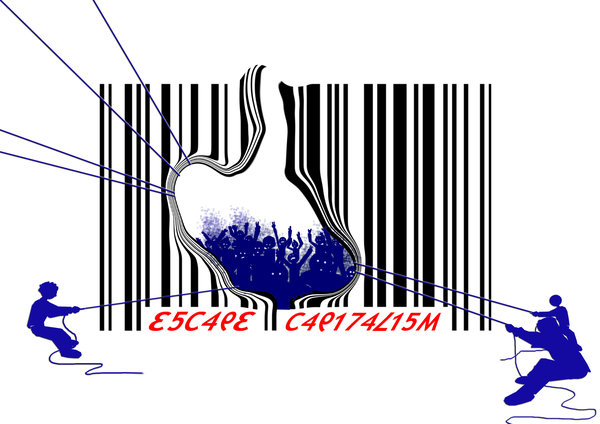Interview with Ole Bjerg
Ole Bjerg is associate professor at the Copenhagen Business School. He writes for the ephemera Journal and is one of the organizers of the conference "Organizing for the post-growth economy". He gave us a short interview for the Stream towards Degrowth. 

Green growth advocates praise resource efficiency for its potential to incentivize the economy and lower its ecological impact. On the other hand, the Jevons Paradox, describes multiple situations (or rebound effects) in which increased efficiency leads to further consumption (either direct or indirect) which offsets the initial ecological benefits achieved. In this piece, I join this discussio...

Growth-critical authors and advocates of a post-growth society are often criticized on the grounds that some of their arguments appear open to appropriation by authoritarian nationalist and nativist racist forces. As such objections are often made in a polemical and overly generalised manner, often ultimately aiming to delegitimize growth-critical ideas as a whole, those being criticised often ...

Call for participation On 7 and 8 July 2017, the Leaders of the Group of 20 (G20) will meet in Hamburg. This self-styled club of 19 of the most powerful economies in the world and the EU claims to fight global crises. However, reality reveals a different picture: The G20 defends a system that exacerbates social disparities instead of leading policies against deprivation and hunger and...